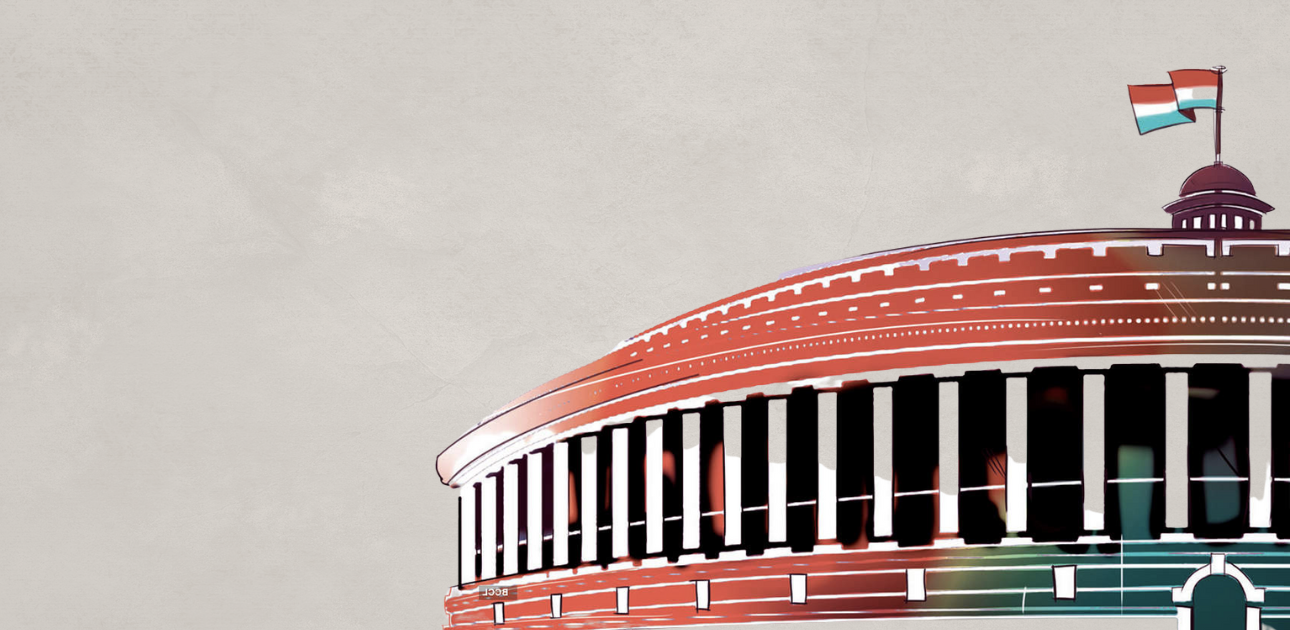FREEZE ON DELIMITATION: A STEP TOWARDS EQUALITY OR INEQUALITY?
Author – Samiksha Tripathi, Student of Lloyd School of Law
Best Citation – Samiksha Tripathi, FREEZE ON DELIMITATION: A STEP TOWARDS EQUALITY OR INEQUALITY?, Indian Journal of Legal Review (IJLR), 3 (1) of 2023, Pg. 583-587, ISSN – 2583-2344.
ABSTRACT
The whole structure of the democracy revolves around the doctrine of separation of power which upholds the goals of justice in its full magnitude. This gives independence to the legislature which has the power to amend the Constitution. It can be well very concluded that the Constitution framers were cognizant of the changing needs of the time and intended to create a balance between flexibility and rigidity by granting the power to amend under express provisions like Art.368. This power was even enlarged when ‘The Representation of the People Act, 1951’ (hereinafter RPA) empowered the government to promulgate laws for the purpose of the act i.e., representation of people and in pursuance to it bars the jurisdiction of courts in electoral matters. The question whether this power of legislature can abridge the power of judiciary remains a debatable issue. In this regard this article tends to critically analyse the principle of equality of representation in the legislative assembly by focusing upon the freeze on delimitation exercise by an amendment, the blanket ban on the jurisdiction of courts, the concept of judicial review under the basic structure doctrine, the process of computation of seats and the effects of the freeze on the fundamental rights of the people.
Keywords: Delimitation freeze, basic structure, separation of power, judicial review, blanket ban, doctrine of one-vote, one value, equality of representation.
